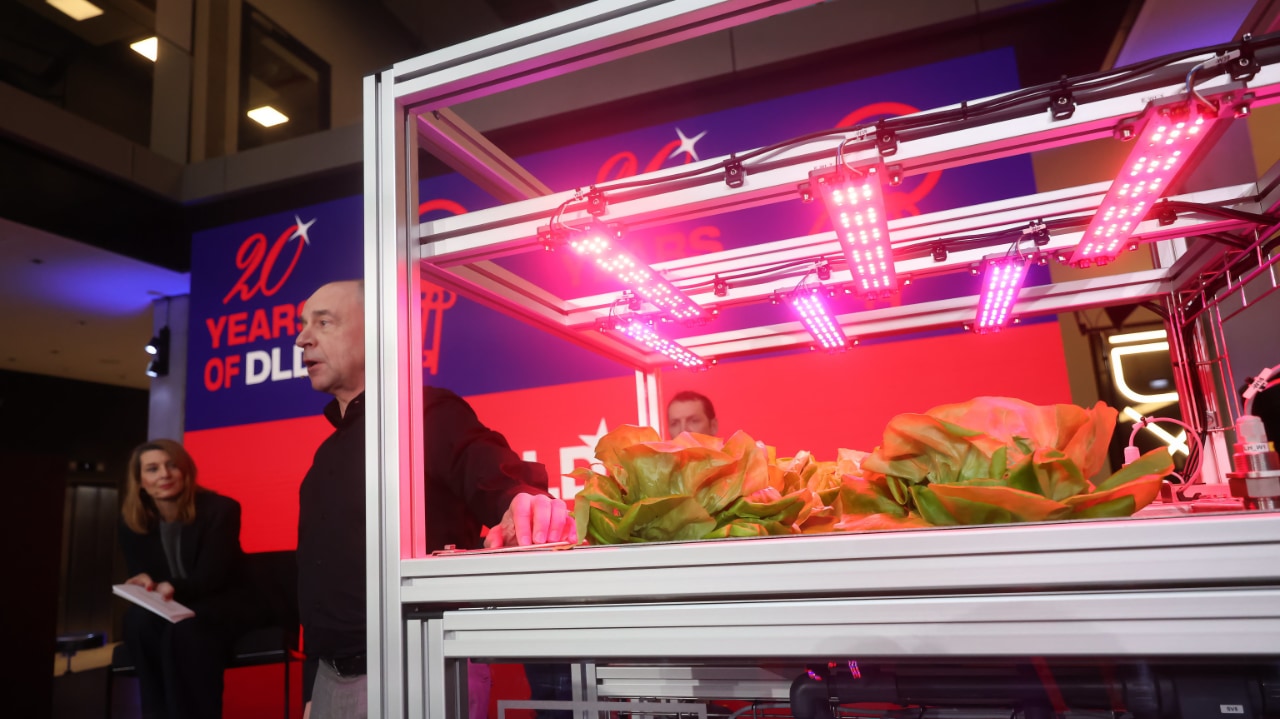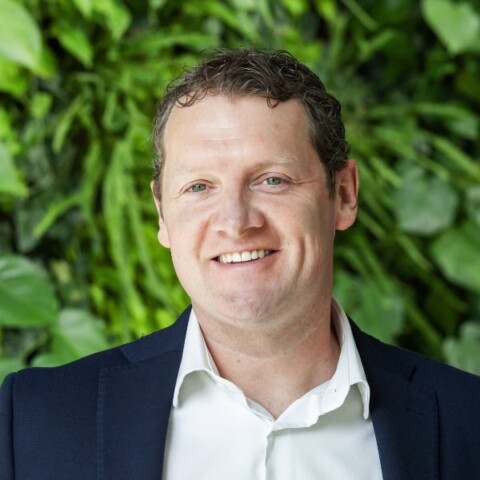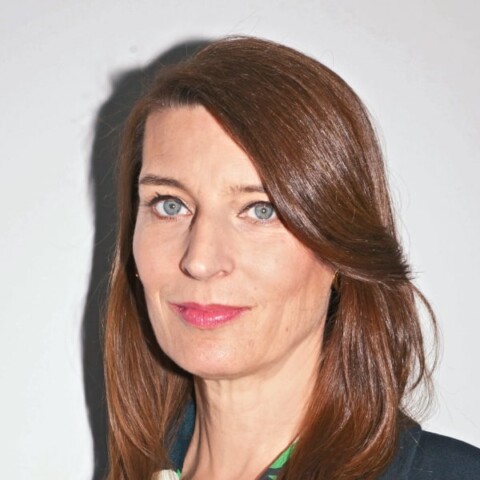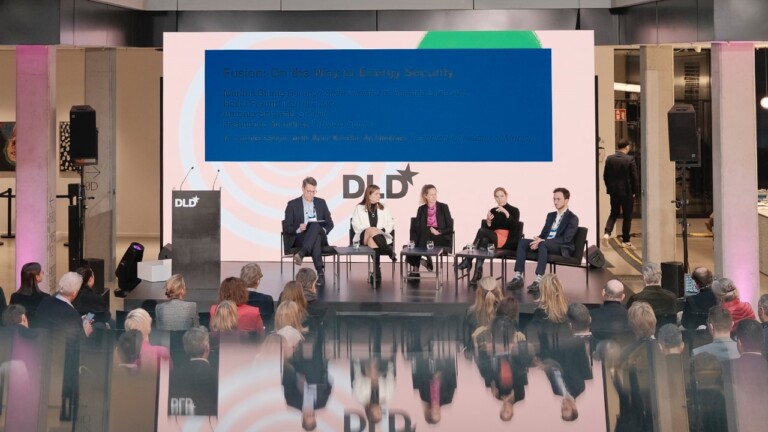Sustainable food production is one of humanity’s greatest challenges. In this DLD25 session, moderated by journalist Franziska Reich (FOCUS), Ryan Archer (Horizon Growers) and Alexander Gerfer (Würth Elektronik) discuss one of the most promising solutions: smart lighting technology, controlled environment agriculture (CEA), and the promise of net-zero greenhouses.
Alexander Gerfer, who grew up on a farm, demonstrates a breeding station equipped with specialized LED lights that provide tailored wavelengths for different plants.
Unlike traditional “stupid lamps”, as Gerfer calls them, these LEDs do not waste energy by heating up, but instead efficiently deliver specific light spectrums that optimize plant growth. “Each plant has its own sensitivity to light and color, and this can trigger the speed of growth or the vitamin content” that the plant absorbs, Gerfer explains.
The system offers precise control over light, water, and nutrients, while collecting data that enables continuous optimization through AI. The result: dramatically improved seedling success rates – from traditional nurseries’ 60-70% to potentially 95% or higher in the breeding station.
Ryan Archer, whose startup Horizon Growers achieved the world’s first agricultural production in Abu Dhabi’s desert in 2018, highlights the opportunity for local food production with minimal environmental impact.
“When you’re shipping a ton of tomatoes from North Africa to Munich, you are shipping a ton of water”, he observes. “What you’re also not taking into account is all of the water that was necessary to grow that tomato in an arid climate.”
Meanwhile, Dutch greenhouses burn “3.5 billion cubes of natural gas on a yearly basis just to heat greenhouses”, Archer points out. His solution? Partner with industry to capture excessive heat: “Here in Germany we have over 190 petajoules of waste heat available from industry”, including from data centers, creating a win-win scenario for sustainable food production in controlled environments.
Watch the video to learn why net-zero greenhouses are not meant to replace traditional agriculture; how CEA dramatically reduces water usage; and why this new approach also promises to reduce food waste.





